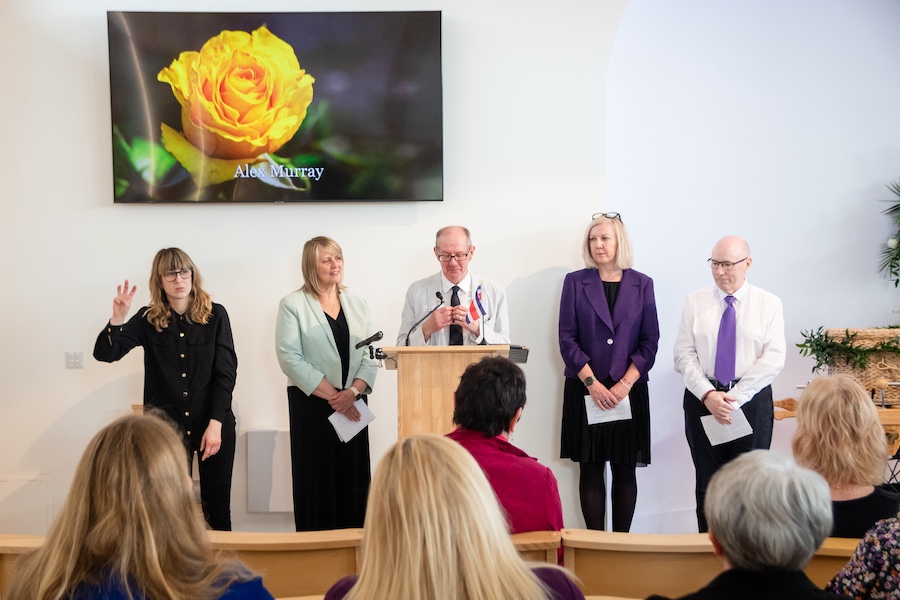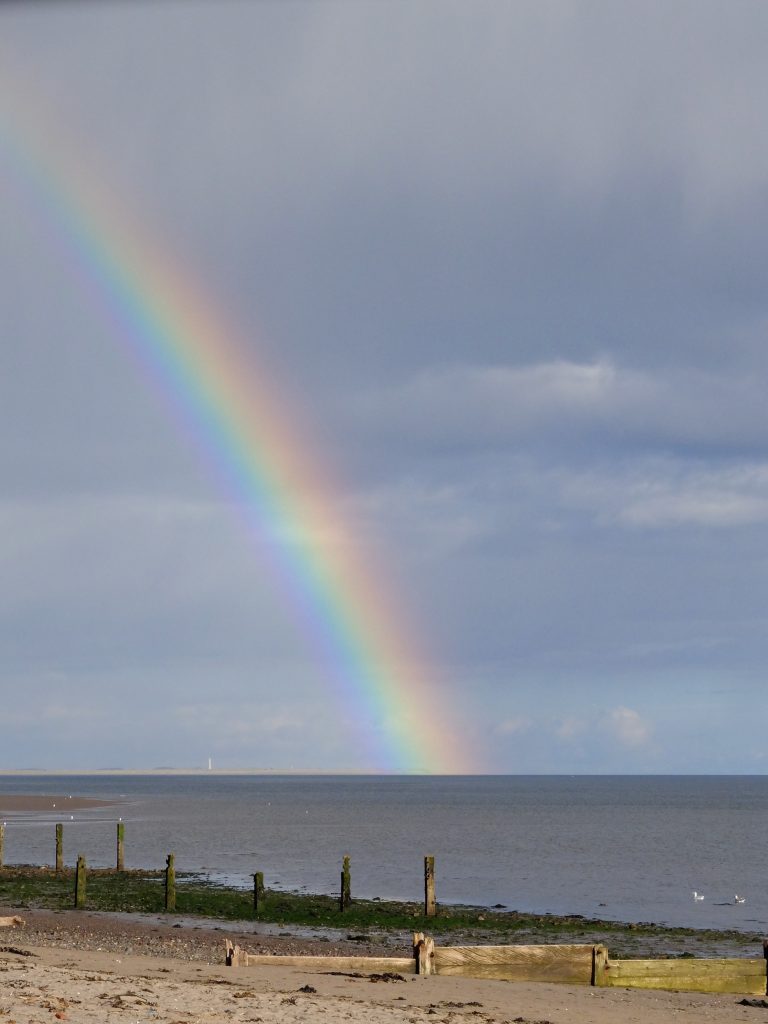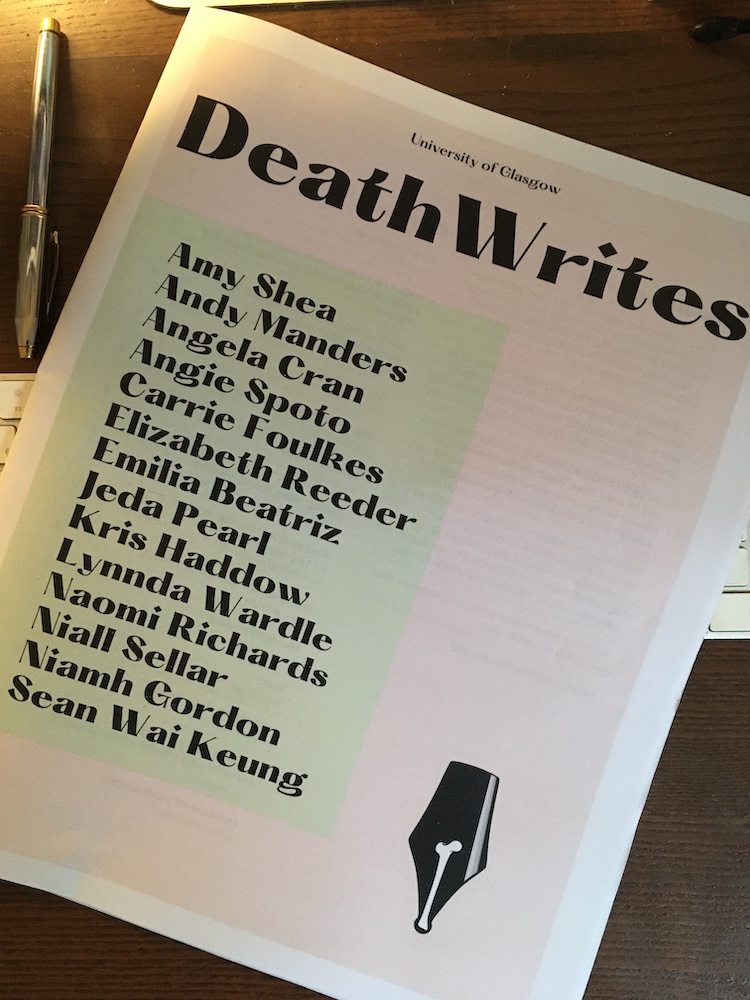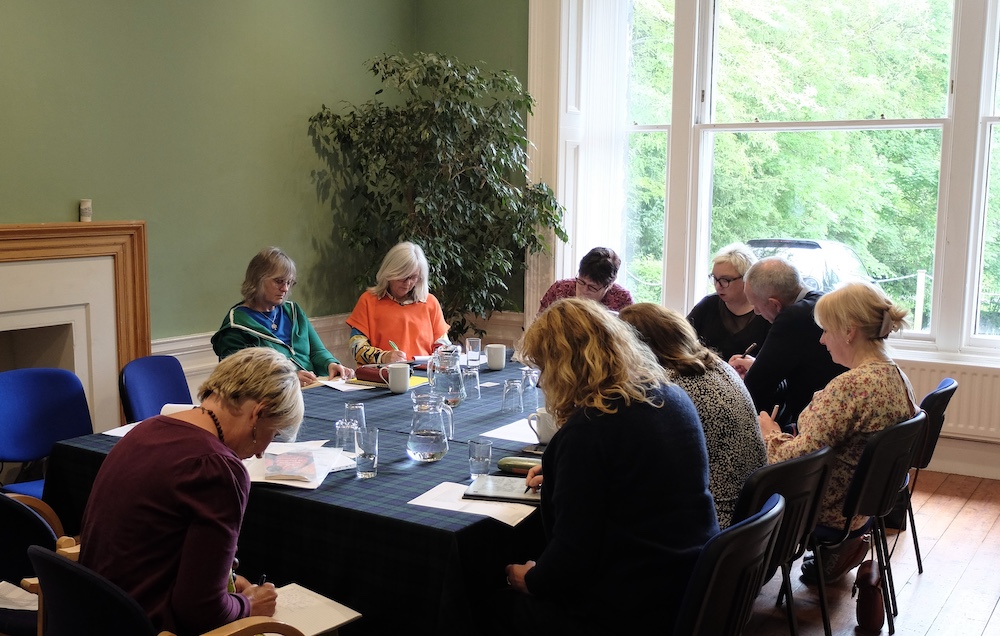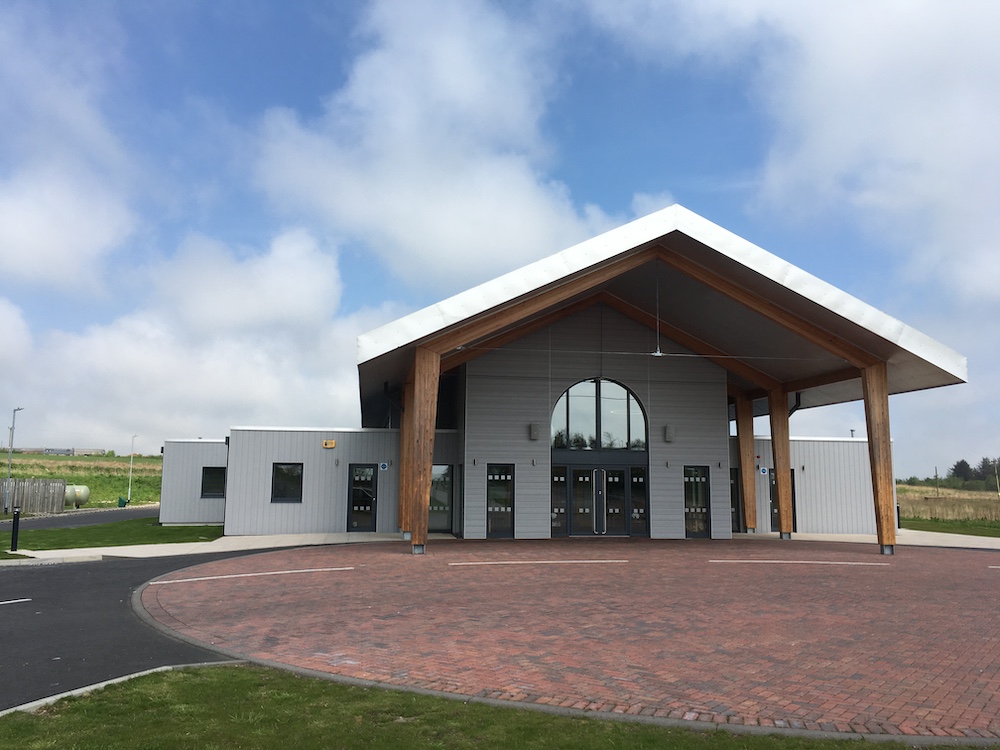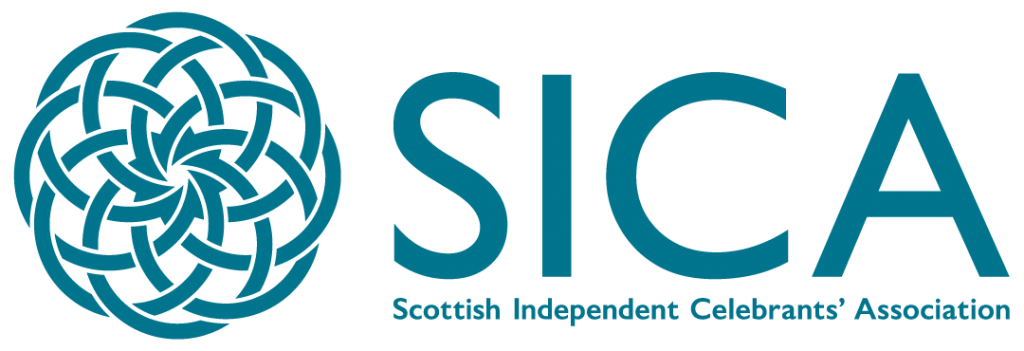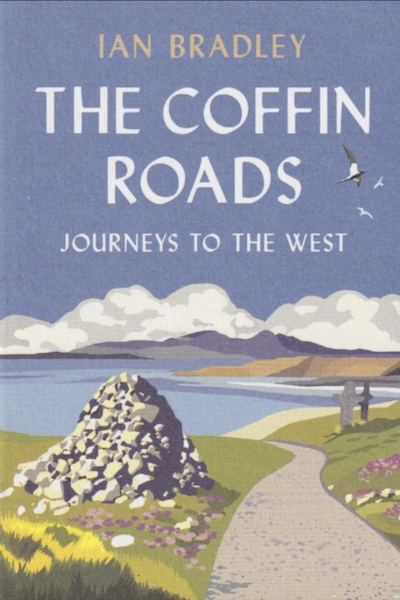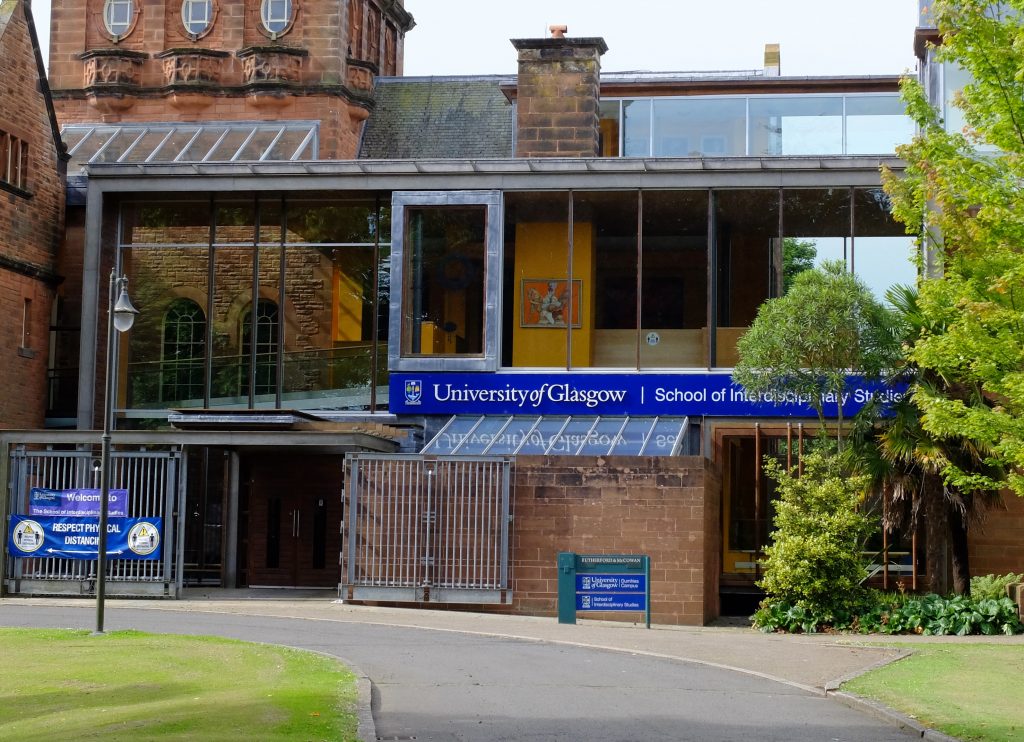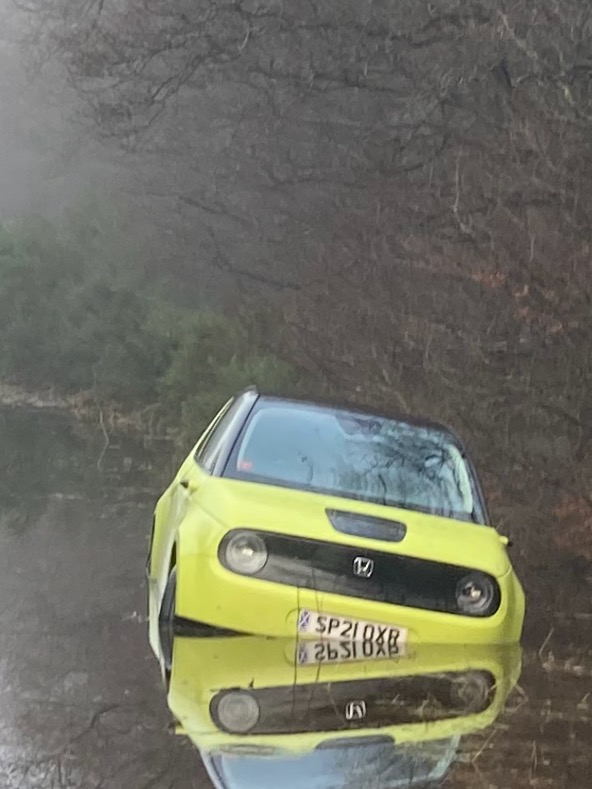Dundee Crematorium will close for services at the beginning of July. Cremations will still take place there, it’s just that funeral services won’t happen in the chapel. Instead, they have arranged for services to take place at the Landmark Hotel. This is quite close to the crematorium.
There is an information day on 1 July, so I will have more information after then about how it will work and can let anyone know.
But as I understand it, services will take place with the coffin in place at the hotel. The coffin will then be taken away (as a sort of committal) and driven to the crematorium.
This is actually similar to what some funeral directors are increasingly doing anyway. I have conducted funerals for William Purves and for Sturrock Comb and Davidson where there has been a funeral service held in their own rooms (both companies have venues in Broughty Ferry) with the coffin then being taken, unaccompanied by family, to Brewsterwells Crematorium. The exit of the coffin on its final journey is a moment for a respectful farewell.
The advantage of this arrangement is that the service can usually be a bit more relaxed in terms of time. Some crematoriums are notoriously strict on timing. Families may think they are booking a one-hour slot but as it takes time to get in and out, the actual time for a service shrinks to perhaps 20-30 minutes in total (it’s longer at Brewsterwells and some other newer crematoriums). Separating the service from the cremation in this way can also give more choice to the family in terms of venue. Some funeral directors have their own rooms but in theory you could hold the funeral anywhere appropriate. And perhaps save money.
The refurbishments are likely to take months so it will be interesting to see what impact this has on how funerals are conducted in Dundee and perhaps accelerate trends away from having a service in the crematorium itself.
Michael Hannah, Broughty Ferry, 22 June 2024


